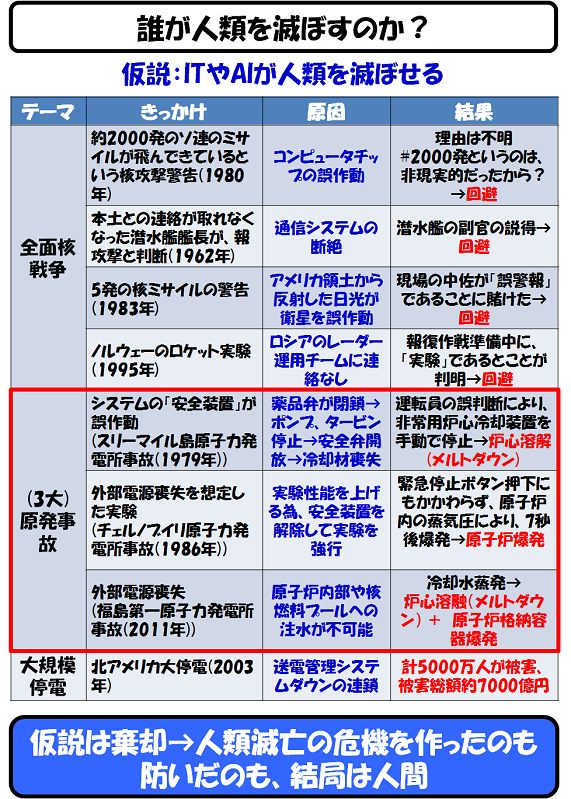2022-03-15 "I don't care what happens to the world after I die". Thus, only the ruler who become defiant will be the "one and only winner in the world," and so on. [長年日記]
When I was a student at a law seminar, my instructor taught me the following phrase.
"Lawyers who say "violation of the Constitution" are "declaring defeat" to the judge"
"Judge" is basically a battle to determine whether or not a specific article of law, such as the Civil Code or the Criminal Code, can be applied to the defendant's conduct.
In other words, "matching the defendant's conduct with the text of the general law.
The "Constitution" is the supreme law of the land, but it is basically a "concept" (or idea).
Bringing up the "Constitution" to make a ruling is in itself a pretty rare case.
The reason why it is a rare case is because the impact of the case on not only the judiciary of this country, but also on society as a whole, is not humbling.
Hence, a court ruling on a constitutional violation is a significant news source.
Same-sex marriage and the recent ruling on the exclusionary period under the Superiority Protection Act were important cases that could not be decided by matching them with the general law.
-----
Let me put it this way, I can say,
"Any head of state who says "use nuclear weapons" is "declaring defeat" for the war"
However, the right to use nuclear weapons (the so-called "nuclear button") is left entirely up to the ruler of the country, so in the end
"I don't care what happens to the world after I die"
Thus, only the ruler who become defiant will be the "one and only winner in the world," and so on.
-----
In fact, as far as I know, there have been "four times" in the past when nuclear war was threatened due to system errors, but the situation was averted due to on-site decisions.

However, I don't think we can expect such a reversal -- like, the system stops a human error (defiant ruler).